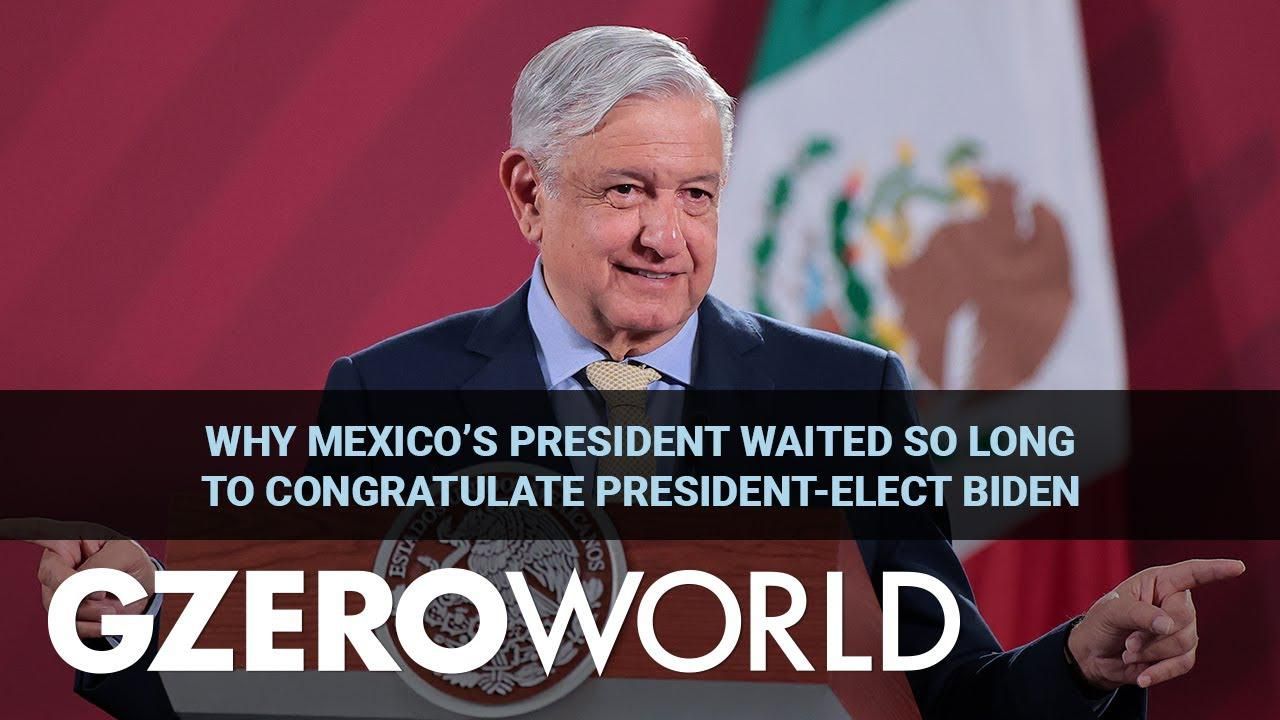Weeks after President-elect Biden was declared the winner of the 2020 US election, Mexican President Andrés Manuel López Obrador (AMLO for short) was one of the last world leaders to congratulate him. In fact, he waited until December, after the Electoral College certified its vote, to join Russian President Vladimir Putin and Brazilian President Jair Bolsonaro in being some of the last world leaders to contact the President-elect. Acclaimed journalist and Univision news anchor Jorge Ramos explains why the Mexican leader waited so long and if the delayed felicitations bode ill for US-Mexico relations.
Watch the GZERO World episode: Can AMLO Live Up to Mexico's Critical Moment? Jorge Ramos Discusses
More For You
Military personnel operate during the BAMEX'25 Defense Expo, in Bamako, Mali, November 11, 2025.
30: The number of foreign nationals who were kidnapped in Mali and Niger in the first 11 months of 2025, according to a new analysis from the BBC, up from seven in the preceding three years combined.
Most Popular
$4 billion: The amount Kenya wants to raise in order to complete a partially built railway line that was abandoned in 2019.
In a 30-minute call on Thursday, President Donald Trump reportedly told Ukrainian President Volodymyr Zelensky he wants to end the war with Russia as soon as possible — aiming for a deal by summer, but ideally within weeks.
Former British ambassador to the U.S. Peter Mandelson leaves his residence after he was released following his arrest by London police on Monday on suspicion of misconduct in public office, following the release of U.S. Justice Department files linked to the late financier and convicted sex offender Jeffrey Epstein, in London, Britain, February 26, 2026.
The ghost of Jeffrey Epstein continues to haunt the world.
